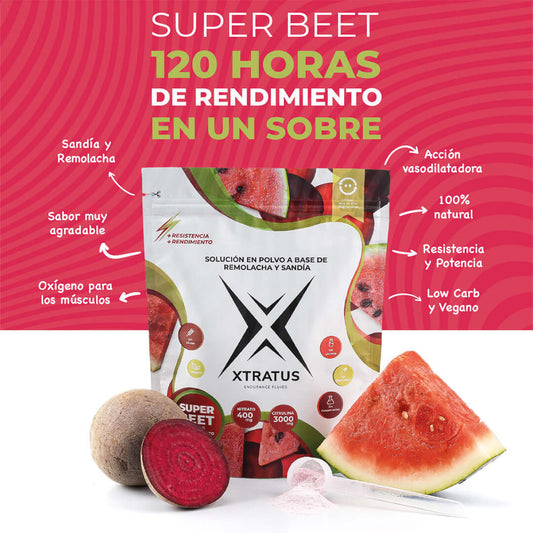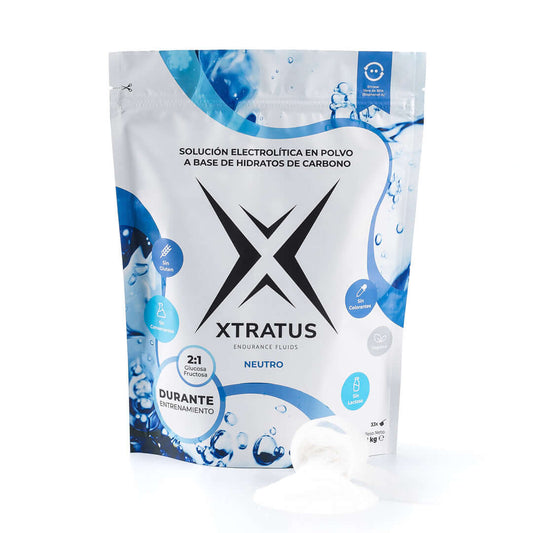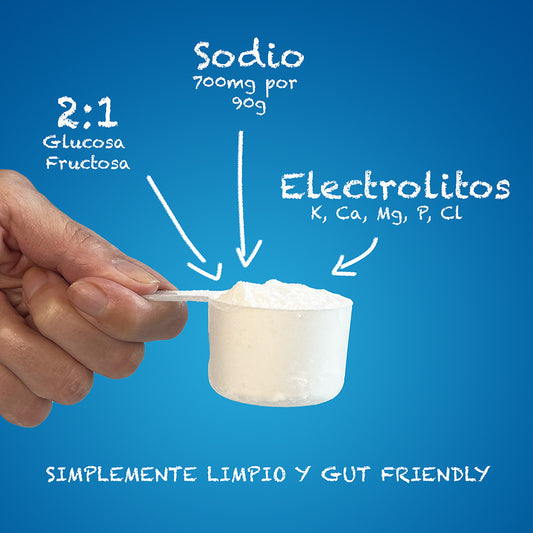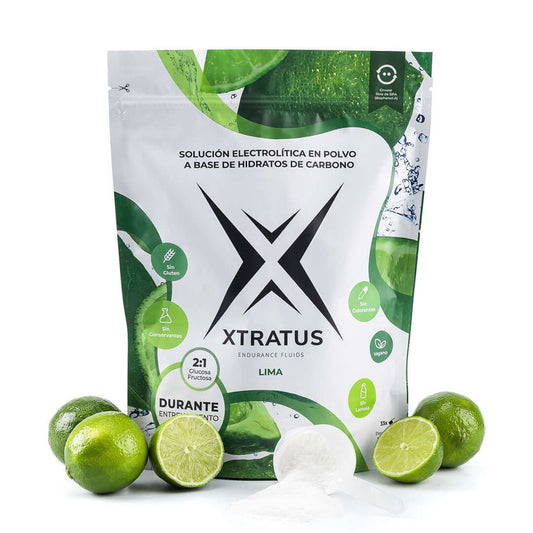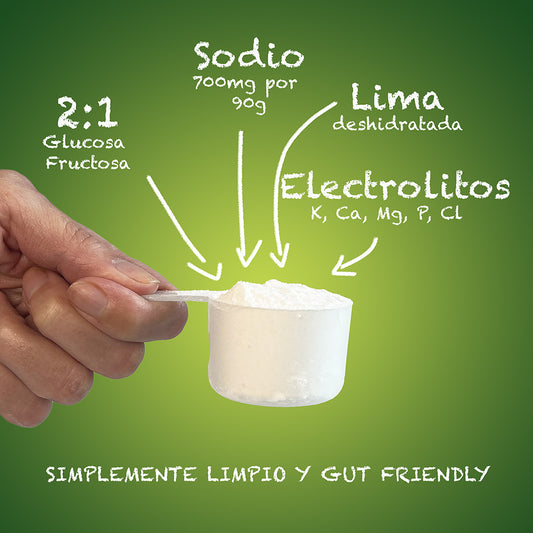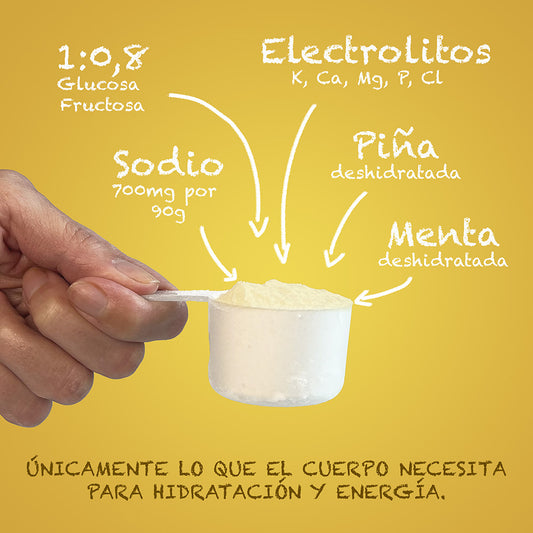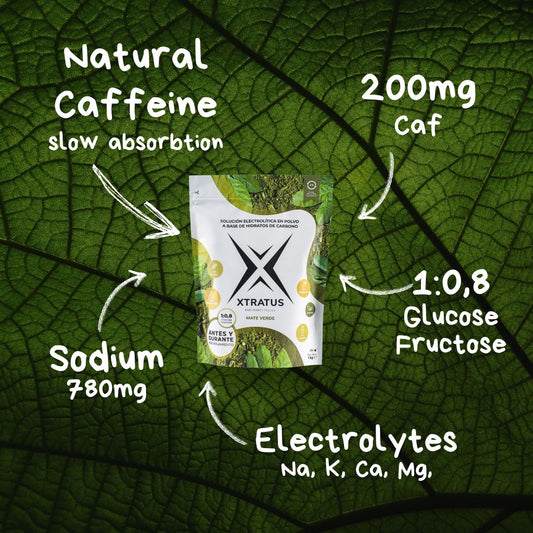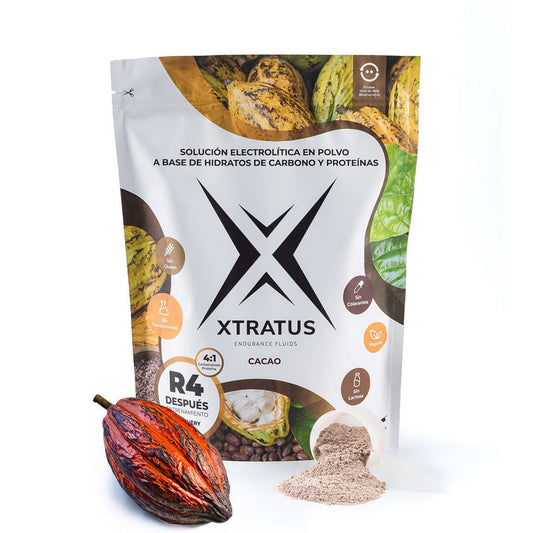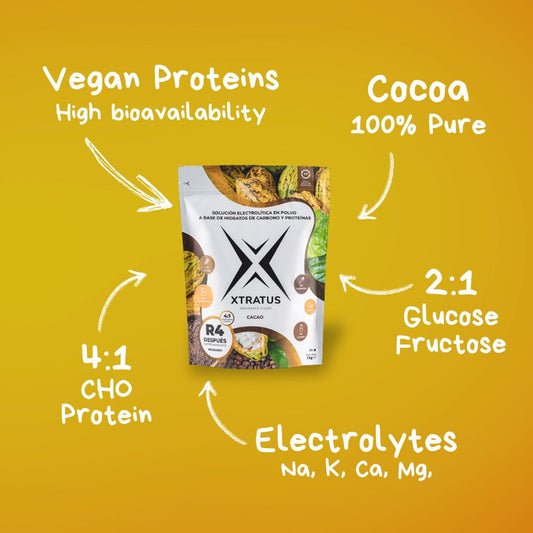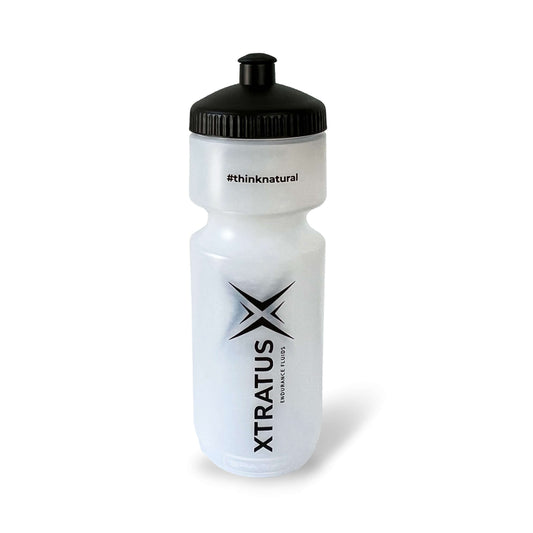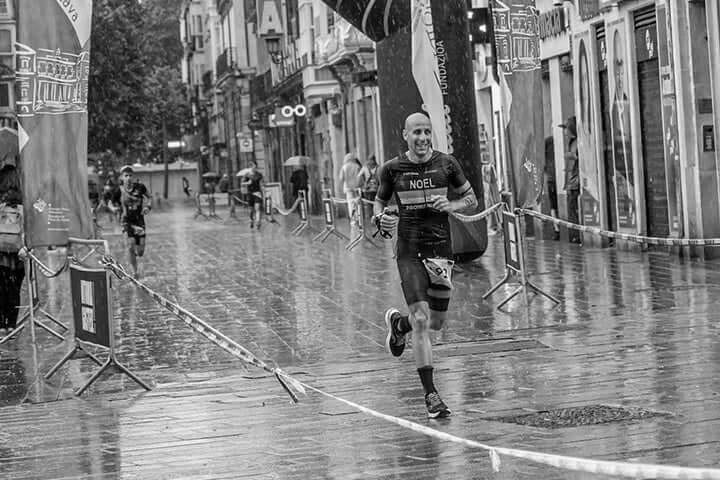
4 Strategies to overcome muscle pain in careers and training
Training and preparing for an endurance race requires hours of effort and dedication. As a result, on race day, it's very common to feel a stabbing pain in the side of your chest or an upset stomach that makes you lose focus and forces you to slow down.
The most common pains and why they appear.
Heartburn, nausea, chest pain, intestinal pain, gas, bloating, bloating, diarrhea, back pain, and knee pain are just some of the various aches and pains that affect athletes during long runs.
If you have already experienced, or frequently experience, any of these, you don't need to lose hope or get used to them.
Muscle pain is generally associated with impact and the posture adopted during exercises.
In endurance sports, which often involve long training sessions and competitions, athletes are exposed to these factors for much longer periods of time.
Gastrointestinal discomfort and pain represent the vast majority of symptoms experienced by athletes.
This happens because, during exercise, blood flow is diverted to the muscles, reducing the supply to the gastric system. Digestion slows, and you begin to experience symptoms such as heartburn, cramps, irritation, and more. Therefore, it's necessary to adopt certain strategies to overcome this situation.
Although painful, this story is more common than you might think: many athletes, especially runners, ultrarunners, cyclists, and triathletes, suffer from aches and pains during races. Does that mean there's no solution? There are things you can do!
We've put together four basic strategies to help you mitigate muscle soreness during long training sessions and races. Let's get to it!
1. Physical Strategy
You already know the importance of physical fitness. However, it's worth mentioning that complementary training is also essential for eliminating aches and pains.
For example, knee pain, when not caused by a pre-existing condition, is often associated with a lack of muscle strength in the legs. So don't try to skip this step, okay?
Another important exercise you can add to your routine is breathing. In addition to the techniques you can use during runs to help with rhythm and concentration, there are exercises to train your body to utilize the full range of motion of your rib cage and feed your lungs with more oxygen. Focus on your breathing at all times!
2. Psychological Strategy
During a long run, your mind can interfere more than your physical fatigue. It's important to be self-aware at this point to understand which tricks and triggers work best for you.
The mental distraction technique helps many athletes divert their attention from physical pain, whether through music, companionship, or visualization. Experience the pain as part of your challenge.
Outlining your mental strategy will reduce your pre-race anxiety, help you control your breathing and pace throughout the race, and give you extra inspiration when it comes to achieving your race goals.
3.Nutritional Strategy
Since most aches and pains are of gastrointestinal origin, your nutrition deserves special attention.
With reduced blood flow to your gastric system during exercise, you should pay attention to foods and nutrients that overload your digestion, making it even slower.
Supplements that contain large amounts of chemicals such as sweeteners, flavorings, and colorings are major causes of discomfort.
Before a long race, during which athletes lose many nutrients and minerals, it's important to consume vasodilatory foods. This way, you ensure your muscles are ready to transport all the necessary nutrients.
When it comes to replenishing carbohydrates and electrolytes during competition, it's important to pay attention not only to the quantity of carbohydrates, but also to which ones.
Keep in mind that too many carbohydrates can overload intestinal transporters and cause the pain and discomfort you already know.
Choose supplements that combine different carbohydrates, thus utilizing more transporters, accelerating absorption and increasing the rate of oxidation.
A good example to start with is the Xtratus Neutral, which has a mix of glucose and fructose in the exact ratio for rapid absorption, as well as essential sodium and electrolytes.
4. Recovery Strategy
When your body doesn't recover well, it doesn't function well.
This is a basic principle for athletes who want to go even further.
Always treat your body with the care of someone who knows you've pushed it hard: stretch all muscle groups thoroughly after training and races, and also adopt recovery massages to release any tension that may have built up in your muscles.
Additionally, post-workout supplementation is essential for a quick and complete recovery.
It's essential for events that last more than one day, and athletes need to be prepared for the next step.
Look for supplements with complete proteins to provide your body with the nutrients it needs after prolonged physical stress!
And most importantly, you are where you never thought you would be today, and if you've read this far, it's because you want to improve even more.
Count on Xtratus on this trip!
Impossible is only in your head.


